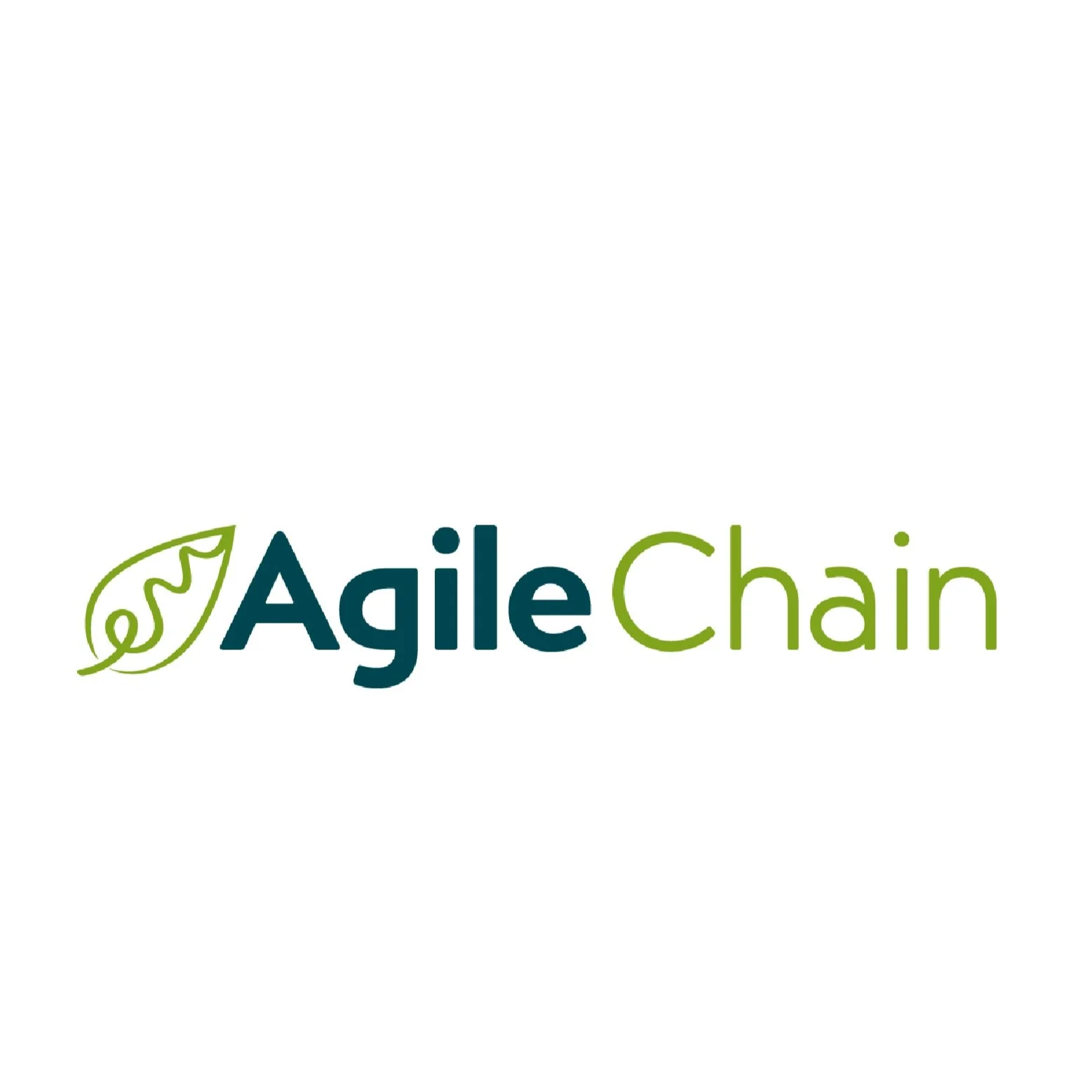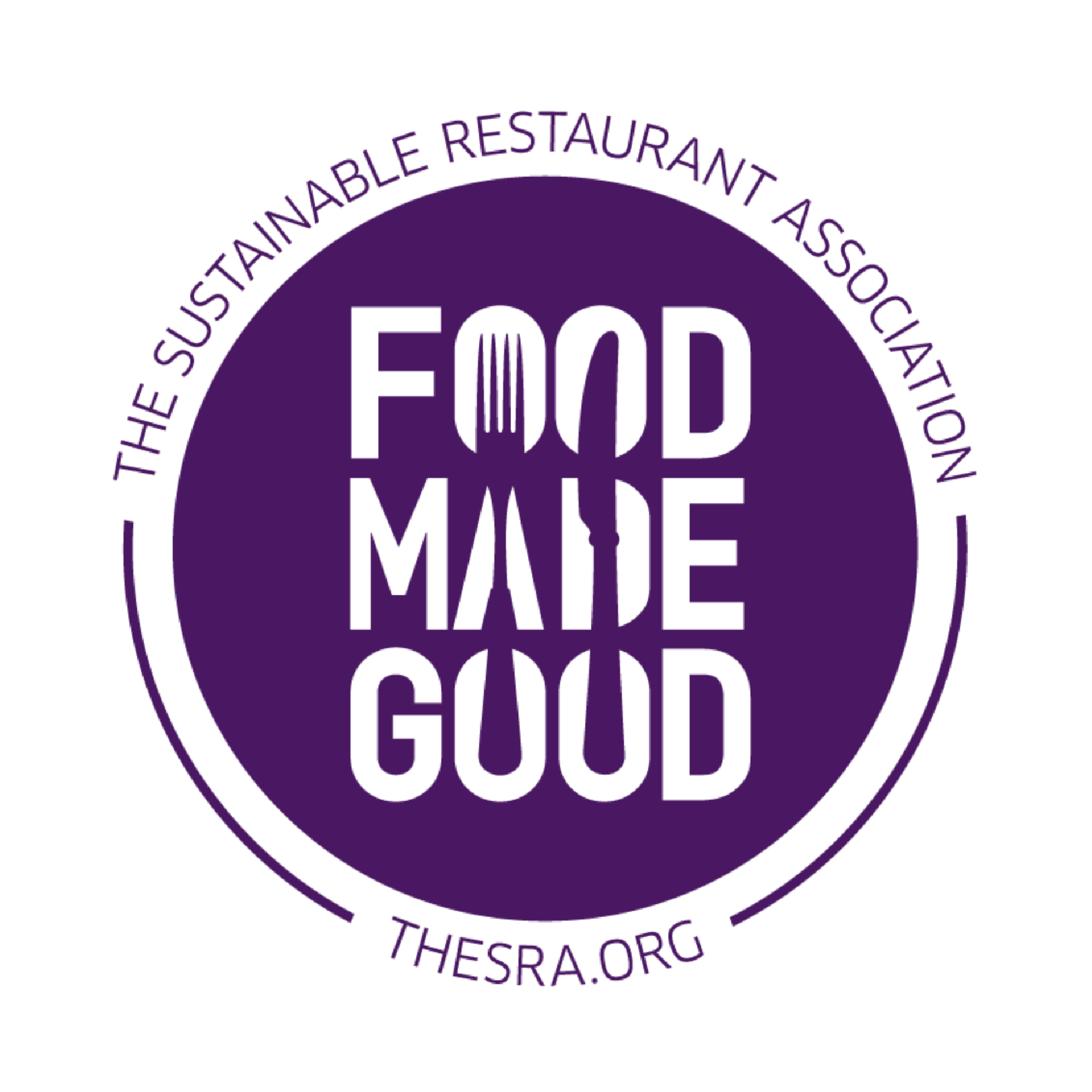
Dynamic Food Procurement. Delivered.
At Equilibrium Markets we provide tools and expertise to help build a healthier, more sustainable food system.
For our people, the planet, and future generations.

Supply chain solutions.
From field to fork.
Dynamic Food Procurement has the potential to be a transformational force for good. That’s why we have built the world’s first technology platform to bring it to life across every corner of the food industry—connecting farmers, producers, distributors, chefs, and procurement teams in one supply chain ecosystem.
Our AgileChain technology transforms conventional procurement approaches by enabling inclusive and diverse sourcing from local small and medium-sized producers and suppliers, creating efficient, resilient and transparent fulfilment supply chains.
Our consultancy work, through Emfood, empowers stakeholders across the chain to design, build, and optimise these dynamic food procurement principles and establish a robust supply chain infrastructure.

What we do
Food Procurement at a Glance
-
Dynamic food procurement makes it easier for buyers and food producers of all sizes to work together, creating stronger, more direct trading relationships. It provides richer, more detailed information than traditional procurement methods, so buying decisions can be based on more than just price. This approach also allows quick, flexible adjustments to respond to changes in the market, supplier capacity, organisational needs, product availability, or price shifts.
We pioneered dynamic food procurement with our AgileChain platform, which can work as a standalone solution or seamlessly integrate with your existing systems.
-
Our current food system urgently needs to change for the benefit of people and our plant.
It significantly contributes to greenhouse gas emissions, biodiversity loss, and declining public health. Food production—including agriculture, supply chains, and waste—accounts for about 35–38% of total UK greenhouse gas emissions, making it one of the largest contributors to the nation’s carbon footprint. Much of this impact is linked to land use and intensive farming, which drive the loss of wildlife and natural habitats and degrade ecosystems; more than half of UK species have been wiped out, while many formerly common species are now critically endangered.
Agriculture uses the majority of UK land, with production methods usually being the largest single factor in food-related emissions and environmental harm. At the same time, the UK continues to waste millions of tonnes of food every year, contributing another 25 million tonnes of greenhouse gases while failing to adequately address food insecurity.
To create healthier, more sustainable food systems, we need transparent, shorter and diverse supply chains that make differences in production approaches visible and actionable for all stakeholders—producers, distributors, and buyers. Only with this level of transparency and traceability can choices be made that deliver not just on price, but genuine value for people and the planet.
Dynamic Food Procurement, enabled by technology like AgileChain, is proven to support these changes by diversifying supply chains, improving data visibility, and enabling informed decision-making in the public sector.
-
Short supply chains can not only bring local food. They enable food to pass through fewer intermediaries and bring transparency so that information and data flows unimpeded in both directions and can operate effectively alongside longer supply chains to create a diverse and resilient supply chain. Short supply chains can bring resilience to withstand geo-political or environmental disruption affecting long chains. They enable more informed choices to be made by the procurer and when effectively implemented, they can also generate profitability for all members of the chain;
producers/farmers, and distributors by fostering direct connections that enhance transparency, trust, and collaboration.
For producers and farmers, they provide better negotiating power, increased income, and opportunities to invest in sustainable practices by reducing intermediaries.
Buyers—whether distributors, retailers, or chefs—gain access to fresher, higher-quality products with detailed provenance and production information, enabling informed decisions that reflect true value beyond just price.
Distributors benefit from streamlined logistics, reduced transportation costs, and lower risk of spoilage or contamination.
Overall, short supply chains promote resilience, sustainability, and a stronger local economy, while reducing environmental impacts such as carbon emissions and food waste.











